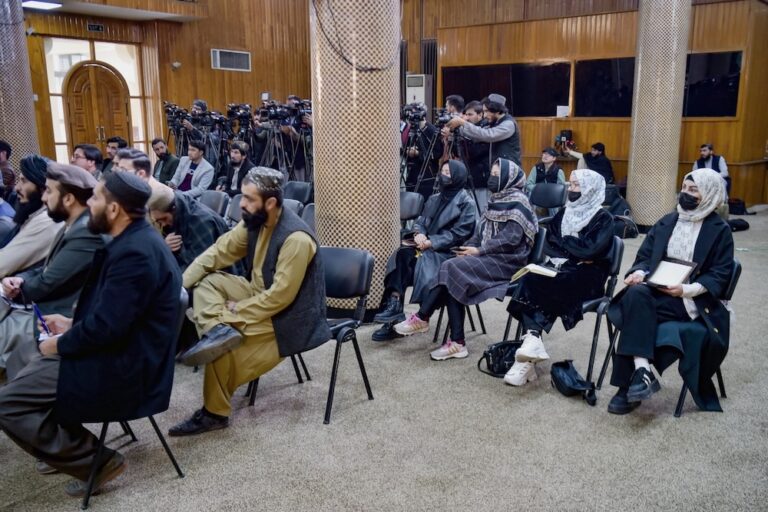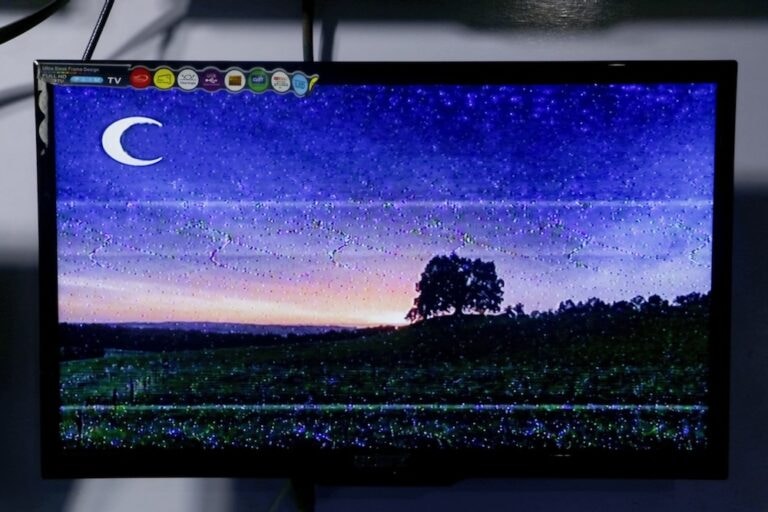The Afghan authorities failed to properly investigate the murder of Abdul Samad Rohani
(RSF/IFEX) – The Afghan authorities failed to properly investigate the murder of Abdul Samad Rohani, a correspondent for the BBC World Service and Pajhwok news agency in the southern province of Helmand, whose body was found one year ago, on 8 June 2008. His family and colleagues are still pressing for the truth about his death, especially for the identity of those who ordered it.
“We will not give up demanding justice for journalists murdered in Afghanistan, including Rohani, whose murder terrified all the journalists in the Helmand region,” Reporters Without Borders said. “The behaviour of the authorities, who quickly blamed the Taliban and did not conduct a thorough investigation, suggests that it will go unpunished. Clearly, no one dares take on the case.”
Rohani, aged 25, was kidnapped by gunmen who stopped his car in a suburb of Lashkar Gah, the capital of Helmand province, on 7 June 2008. His body was found the next day. According to a forensic doctor, he was tortured before being shot three times. He was the Helmand correspondent for the BBC’s Pashto and Farsi services. He had also worked for the independent Afghan news agency Pajhwok since 2004.
Friends and colleagues organised events on 7 June 2009 in Kandahar, Lashkar Gah and Kabul to commemorate Rohani and to press for the right to know the truth about his murder.
Pajhwok editor in chief Danish Karokhel told Reporters Without Borders: “We have been asking the same thing over and again for the entire year, namely, can we at least know the identity of those who killed our colleague? We know the Afghan government is too weak to arrest and try those responsible. At least we could hope that the media would be able investigate the murder. But they cannot. Why is everyone so afraid of looking into this case?”
Speaking on condition of anonymity, a Helmand-based journalist told Reporters Without Borders: “Identifying killers is not hard here but in this case the instigators have so much influence that no one can do anything, not even in Kabul. It is very worrying.”


